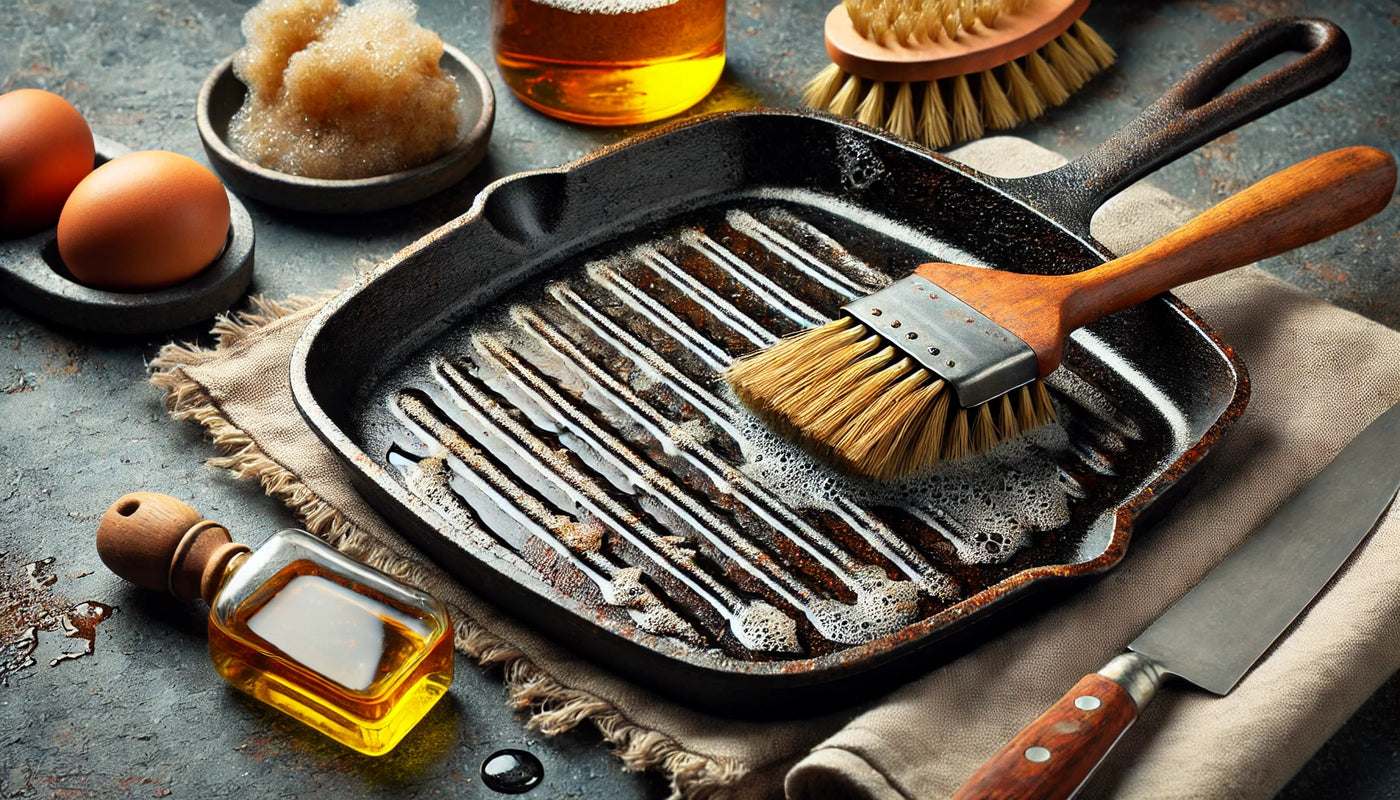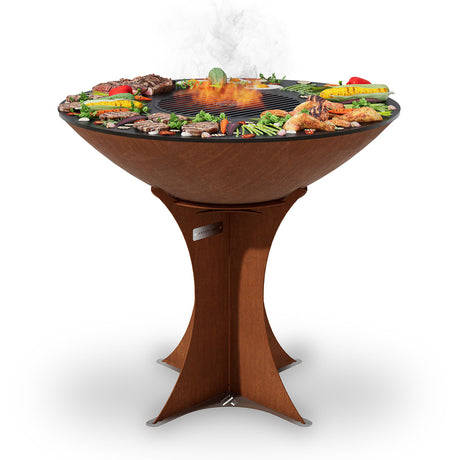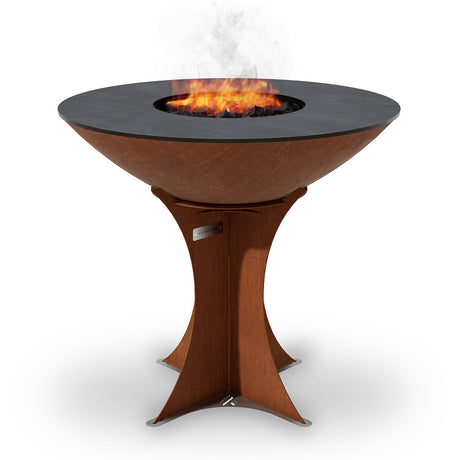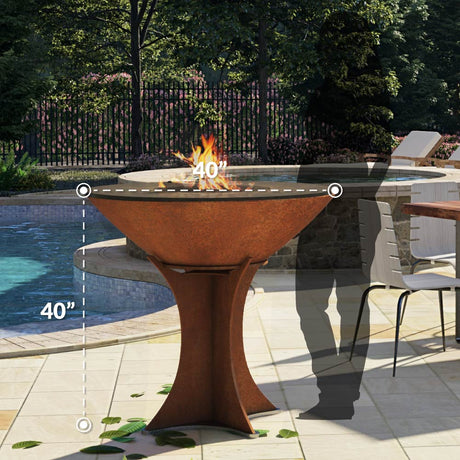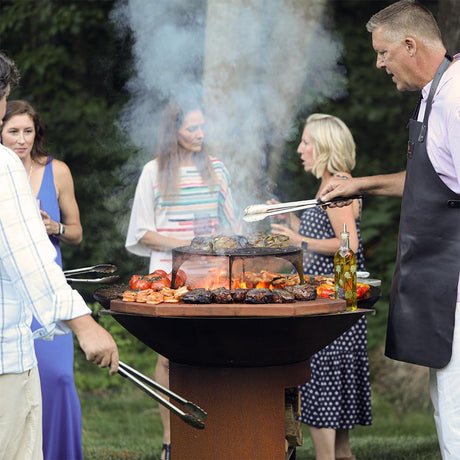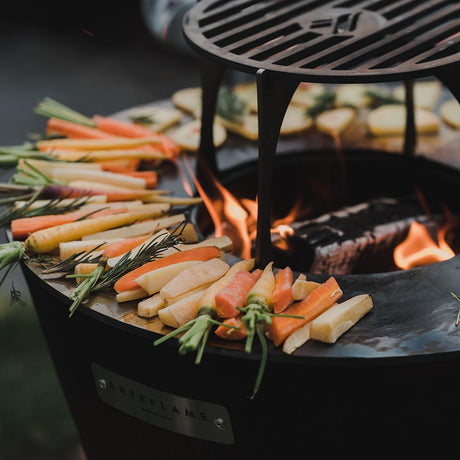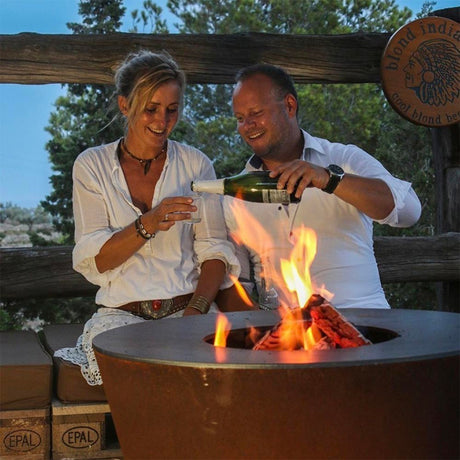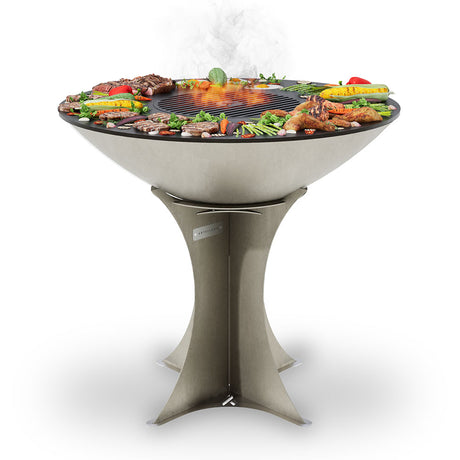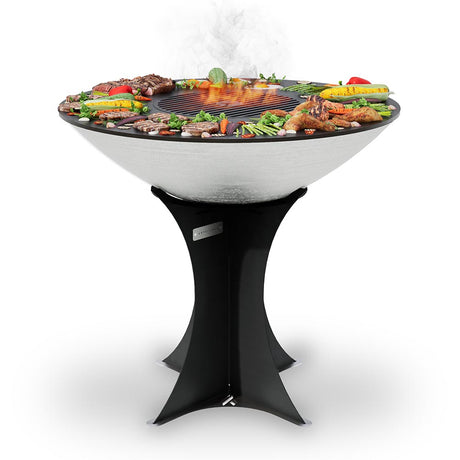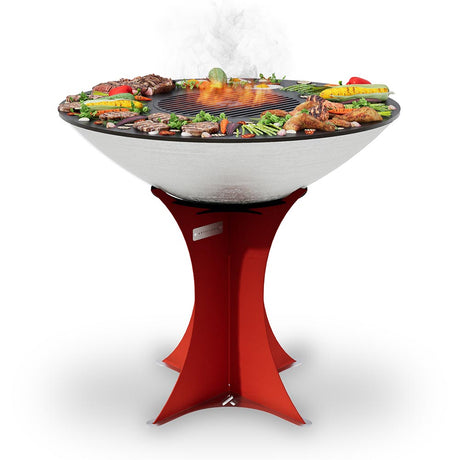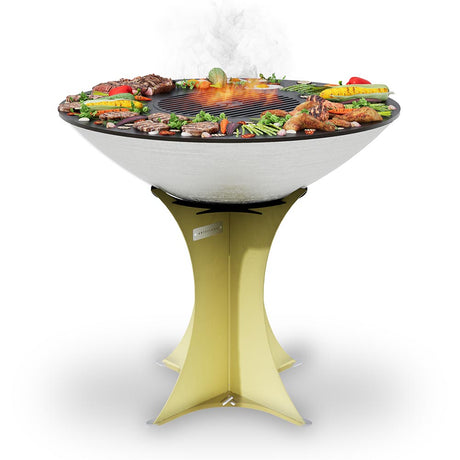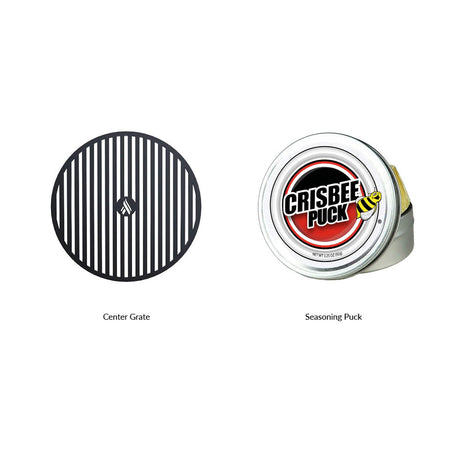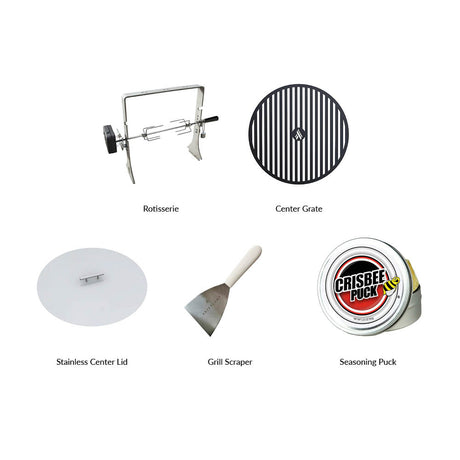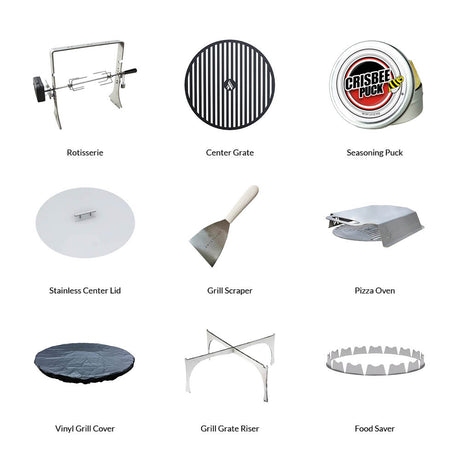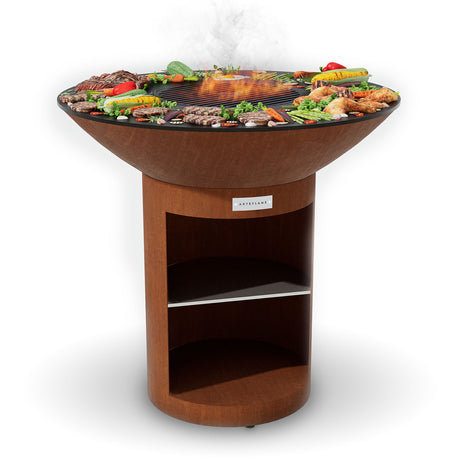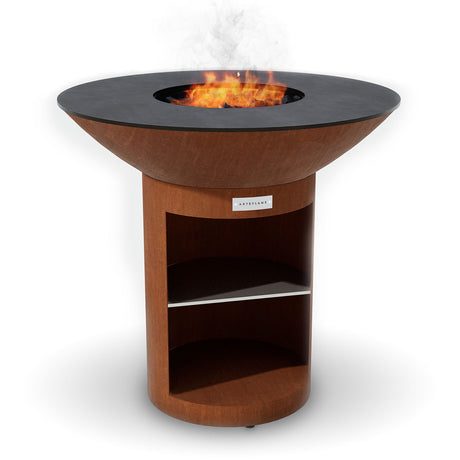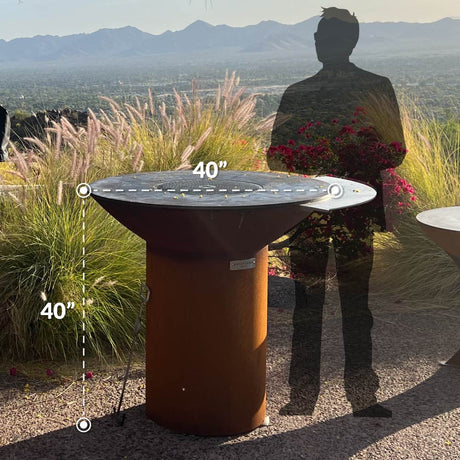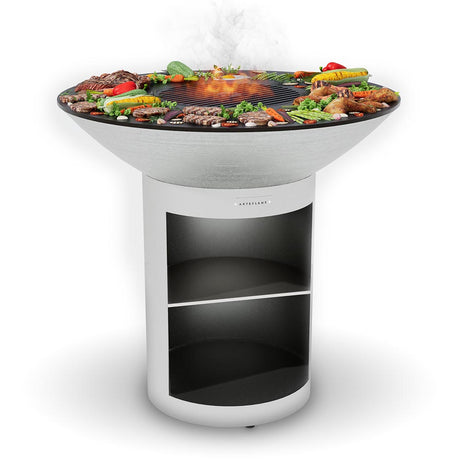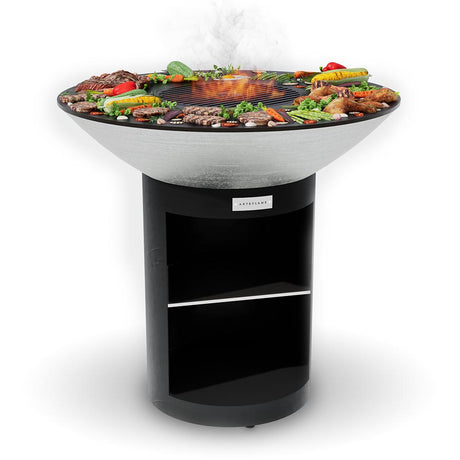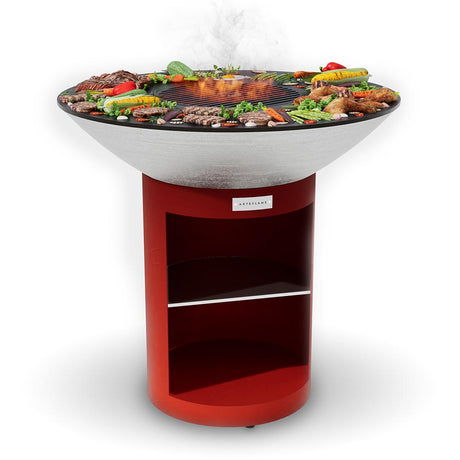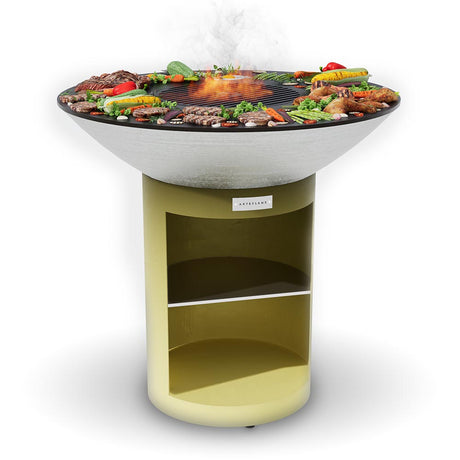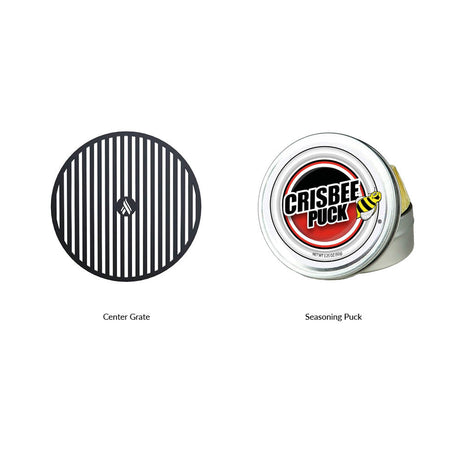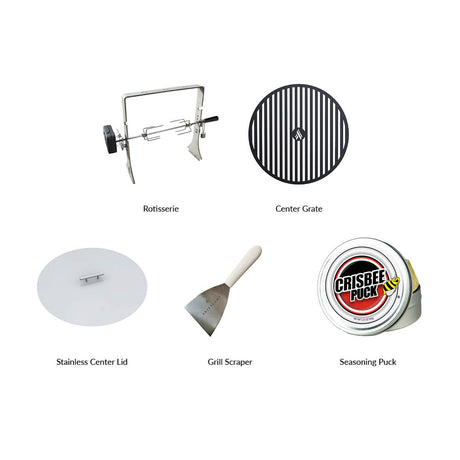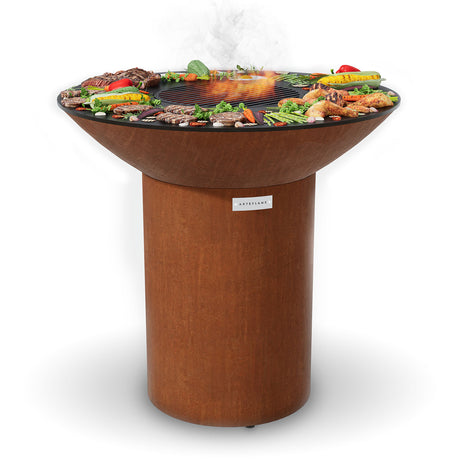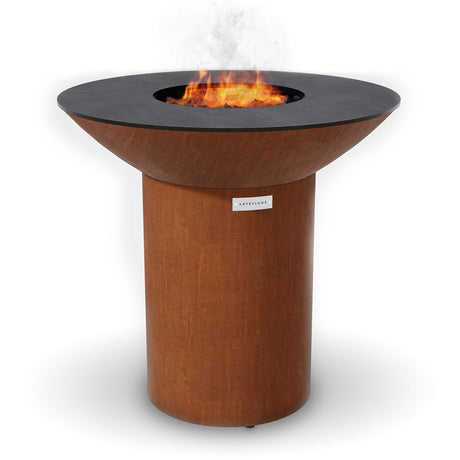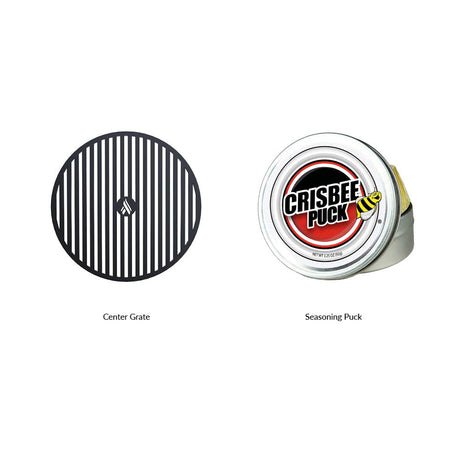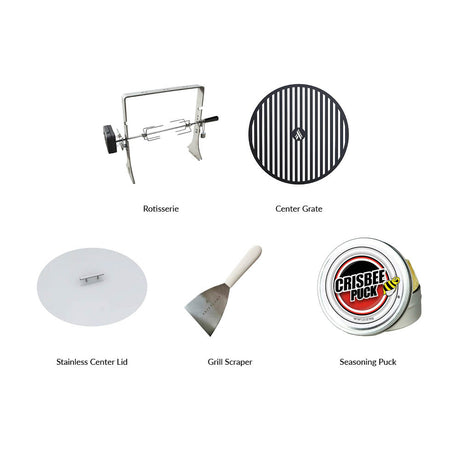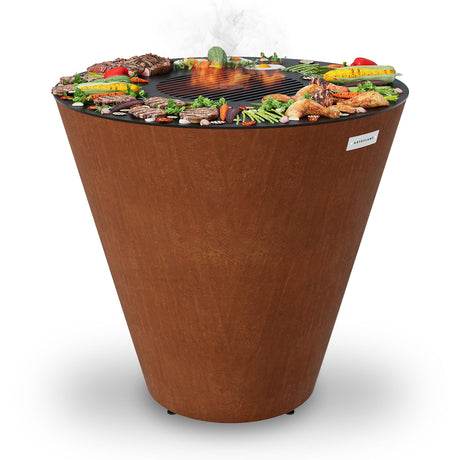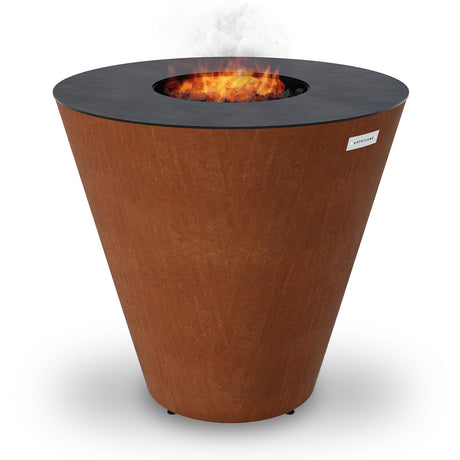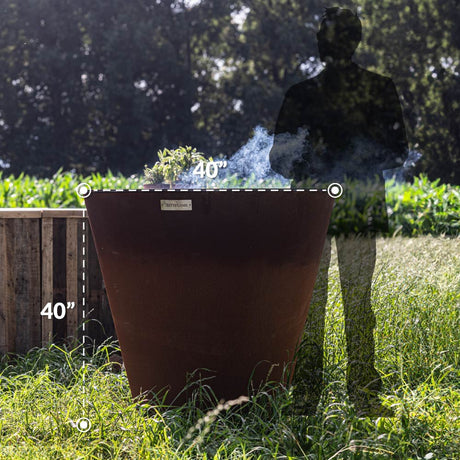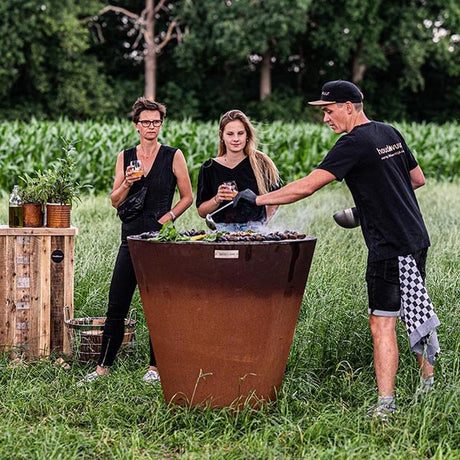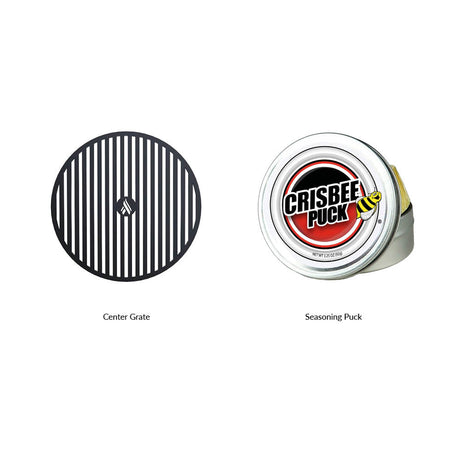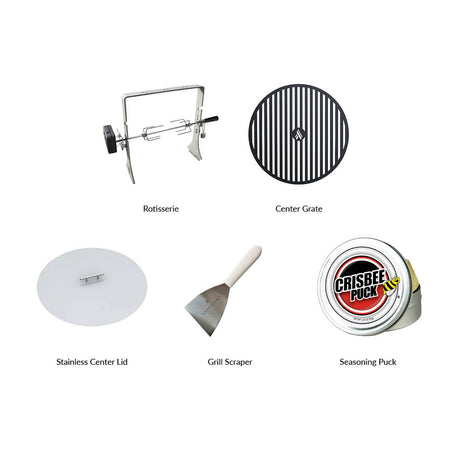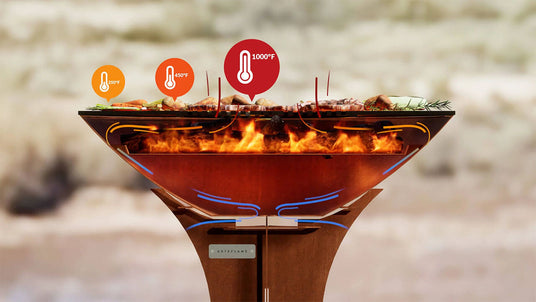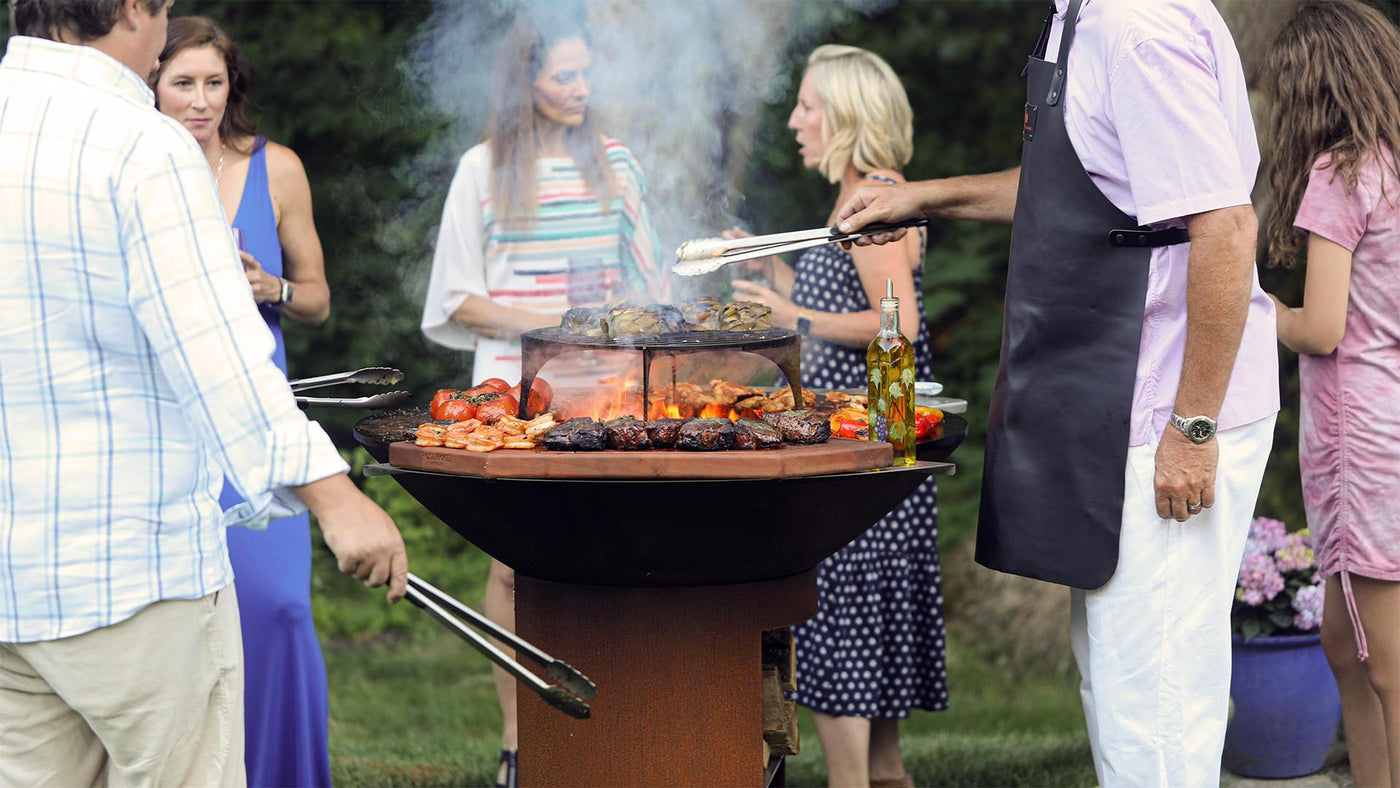Cast iron griddles have long been a popular choice for home cooks and outdoor grillers due to their characteristic of grilling great tasting food. However, they come with several drawbacks that may make them less than ideal for certain cooking situations. If you’re considering investing in a cast iron griddle, it’s important to weigh these disadvantages against the benefits to ensure it’s the right fit for your needs.
1. Brittle and Prone to Cracking
One of the most noticeable disadvantages of cast iron griddles is their tendancy to break or crack. This is due to the process of how cast iron is made. Becasue cast iron is poured into a mold, the iron content is very inconsistent. When heating cast iron up repeatedly, the heat can bring out the stress in the cast iron, causing it to crack. Also, when a cast iron griddle is dropped on a hard surface, it is very likely to crack. This can be a challenge for:
- Frequent Handling: Transporting a cast iron griddle for camping or outdoor grilling can be inconvenient.
- Longevity: Cast iron is prone to cracking with frequent use.
- Elderly or Physically Limited Users: The weight can pose safety risks when handling or cleaning.
If you will be handling your griddle, cast iron may not be the best choice.
